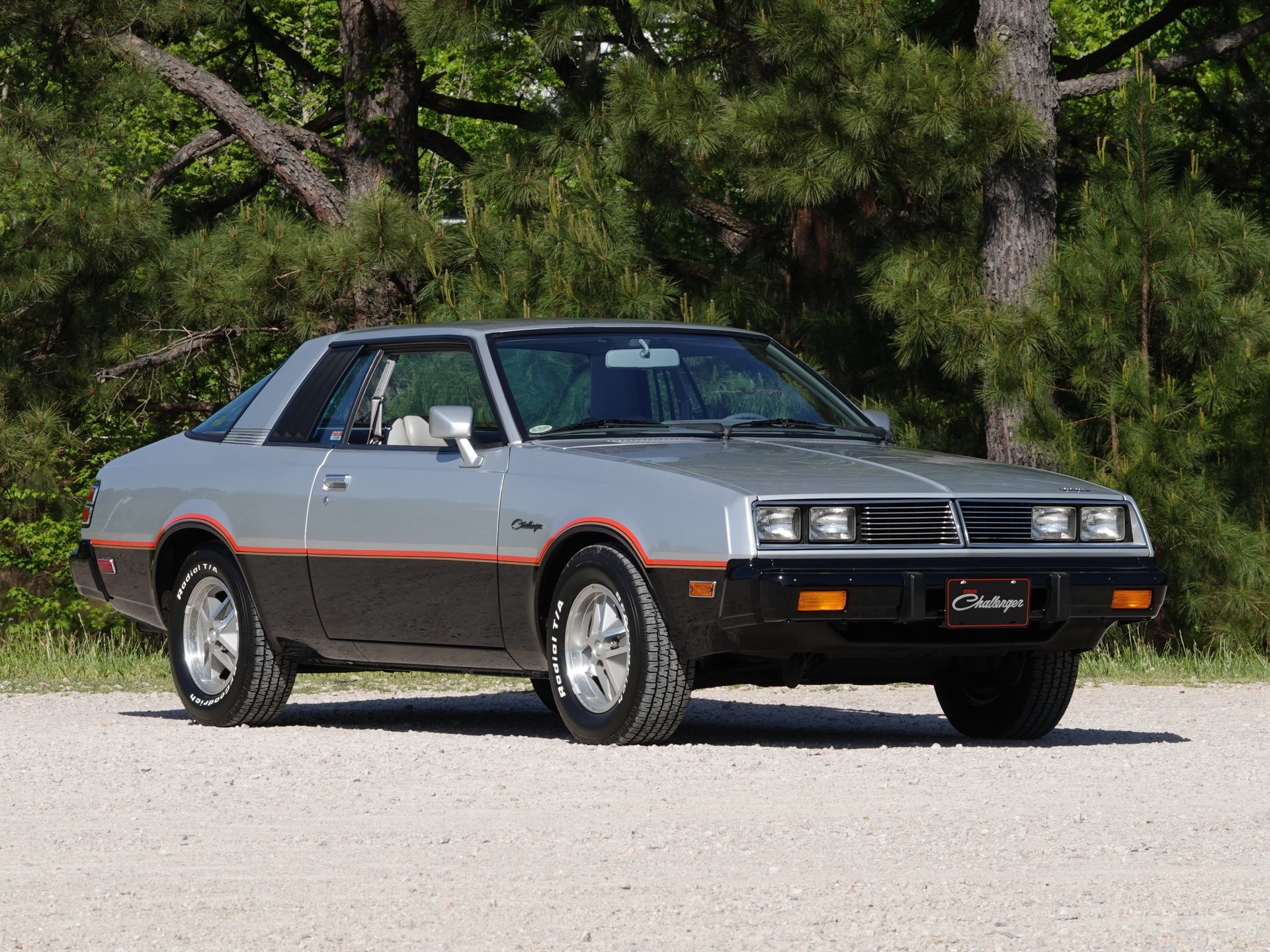Dodge 1500 Diesel Trucks For Sale: A Comprehensive Buyer’s Guide types.truckstrend.com
In the world of light-duty pickup trucks, the mention of "diesel" often conjures images of heavy-duty workhorses designed for massive loads. However, a specific segment emerged that beautifully blends the everyday usability of a half-ton truck with the undeniable advantages of diesel power: the Dodge 1500 Diesel Truck. More accurately, since 2010, Ram trucks became their own brand, so we’re primarily discussing the Ram 1500 EcoDiesel. Yet, the legacy of Dodge persists in the minds of many, leading to the common search term "Dodge 1500 Diesel," referring to these highly sought-after, fuel-efficient, and torque-rich pickups.
This comprehensive guide aims to shed light on what makes these trucks so appealing, what to look for when shopping for one, and how to navigate the market to find the perfect Ram 1500 EcoDiesel for your needs. Whether you’re a contractor, an outdoor enthusiast, or simply someone seeking a truck with impressive fuel economy and towing capability, the Ram 1500 EcoDiesel presents a compelling option in the used truck market.
Dodge 1500 Diesel Trucks For Sale: A Comprehensive Buyer’s Guide
The Rise of the Light-Duty Diesel: The Ram 1500 EcoDiesel Legacy
For decades, diesel engines were almost exclusively the domain of heavy-duty pickups. However, Ram (formerly Dodge Ram) made a bold move in 2014 by introducing the 3.0-liter EcoDiesel V6 engine as an option for its light-duty Ram 1500. This marked a significant shift, offering consumers a unique blend of half-ton comfort and maneuverability with the exceptional fuel efficiency and low-end torque traditionally associated with diesel powerplants.
The EcoDiesel engine, supplied by VM Motori, quickly garnered attention for its impressive fuel economy ratings, often exceeding 25 MPG on the highway, a figure unheard of for a full-size pickup at the time. Beyond fuel savings, the engine delivered robust towing and hauling capabilities thanks to its significant torque output.
Over its production run, the EcoDiesel has seen several iterations:
- Generation 1 (2014-2016): Introduced with 240 horsepower and 420 lb-ft of torque. Paired with an 8-speed automatic transmission.
- Generation 2 (2017-2019): An updated version with minor tweaks and emissions system improvements. Performance figures remained largely similar. This generation faced a stop-sale and recall related to emissions software.
- Generation 3 (2020-2023): A significantly revised and more powerful version, boasting 260 horsepower and a class-leading 480 lb-ft of torque. This iteration offered even better refinement and capability, often found in the newer body style Ram 1500s (DT generation). Production of the EcoDiesel for the Ram 1500 officially ended in January 2023.

Understanding these generations is crucial when looking for a "Dodge 1500 Diesel," as they influence performance, features, and potential considerations.
Why Choose a Dodge (Ram) 1500 Diesel? Key Benefits

The appeal of the Ram 1500 EcoDiesel goes beyond just having a diesel engine in a half-ton truck. It offers a suite of distinct advantages:
- Exceptional Fuel Economy: This is arguably the primary draw. Compared to gasoline V8 equivalents, the EcoDiesel consistently delivers superior miles per gallon, leading to significant savings at the pump over the long term, especially for high-mileage drivers.
- Impressive Torque and Towing: Diesel engines are renowned for their low-end torque, and the EcoDiesel is no exception. With up to 480 lb-ft of torque, it provides effortless acceleration, confident merging, and robust towing capacities that often rival or exceed gasoline V8s in its class, without the high RPM demands.
- Durability and Longevity: Diesel engines are generally built to more robust standards than their gasoline counterparts, designed for sustained heavy loads and long operating hours. With proper maintenance, an EcoDiesel engine can accumulate high mileage and still have plenty of life left.
- Strong Resale Value: Due to their unique combination of efficiency and capability, Ram 1500 EcoDiesels often command a strong resale value, making them a wise investment.
- Reduced Emissions (Modern Diesels): Modern diesel engines, like the EcoDiesel, incorporate advanced emissions control systems (like Diesel Exhaust Fluid – DEF and Diesel Particulate Filters – DPF) that significantly reduce harmful emissions, making them much cleaner than older diesel technology.
- Quiet Operation: Unlike the noisy diesels of old, the EcoDiesel is remarkably quiet and refined, especially in the cabin, contributing to a comfortable driving experience.
Navigating the Market: What to Look For When Buying
Purchasing a used Ram 1500 EcoDiesel requires careful consideration. Here’s what to prioritize:
- Model Years and Generations: As discussed, Gen 1, Gen 2, and Gen 3 EcoDiesels have distinct characteristics. Research specific years for known issues or improvements. For example, Gen 3 models (2020-2023) benefit from higher power output and often more advanced infotainment and safety features.
- Maintenance History is Paramount: For any diesel, comprehensive service records are non-negotiable. Look for proof of regular oil changes (using correct spec oil), fuel filter replacements, and DEF refills. Neglected maintenance can lead to costly repairs.
- Common Issues and Recalls:
- Gen 1 & 2: Some early models faced issues with EGR (Exhaust Gas Recirculation) coolers, which were subject to recalls. Ensure any applicable recalls have been addressed.
- Gen 3: A more recent concern has been failures of the Bosch CP4 high-pressure fuel pump (HPFP), which can be an extremely expensive repair. While not universal, it’s a known risk for this generation. Some aftermarket solutions exist to mitigate this, but buyer awareness is key.
- Mileage Considerations: Don’t shy away from higher-mileage diesel trucks if they have an impeccable maintenance history. A diesel engine at 150,000 miles with diligent care might be a better buy than one at 80,000 miles with spotty records.
- Trim Levels and Features: Ram 1500s come in a wide array of trim levels (Tradesman, Big Horn/Lone Star, Laramie, Rebel, Longhorn, Limited). Higher trims offer more luxury, technology, and comfort features, impacting the price significantly. Consider what features are essential for your use.
- Pre-Purchase Inspection (PPI): Always, always, always get a pre-purchase inspection from a reputable independent mechanic specializing in diesel engines. They can identify potential issues that a casual inspection or even a dealership might miss, saving you thousands down the line. Check for leaks, unusual noises, DPF health, and proper functioning of the emissions system.
- Rust and Body Condition: Inspect the frame, cab corners, wheel wells, and rocker panels for rust, especially if the truck has lived in a salt-belt region.
Where to Find Dodge (Ram) 1500 Diesel Trucks For Sale
The market for used Ram 1500 EcoDiesels is robust, given their popularity.
- Dealerships: Both new and used car dealerships will often have these trucks. Buying from a dealership might offer some peace of mind with potential warranties or certified pre-owned options, though prices may be higher.
- Online Marketplaces: Websites like Autotrader, Cars.com, CarGurus, and Kelley Blue Book are excellent resources for searching a wide inventory. Filter your search specifically for "Ram 1500 EcoDiesel" or "diesel."
- Private Sellers: Classifieds and platforms like Facebook Marketplace can yield good deals, as private sellers typically have lower overheads. However, the risk is higher, and you’ll need to be more vigilant with inspections and history checks.
- Fleet Sales/Auctions: Sometimes, large companies or government entities sell off their fleet vehicles, which might include EcoDiesels. These can be high-mileage but often well-maintained.
Financing and Ownership Costs
While the fuel economy is a major draw, it’s essential to understand the overall cost of ownership.
- Purchase Price: This is highly variable based on model year, mileage, condition, trim level, and region. Newer Gen 3 models will command a premium.
- Fuel Costs: While you’ll get more miles per gallon, diesel fuel typically costs more per gallon than gasoline. Factor this into your budget.
- Maintenance Costs: Diesel maintenance can be more expensive than gasoline vehicles. Oil changes require more oil (and specific types), fuel filters are critical and need regular replacement, and DEF fluid is an ongoing expense. Repairs, if needed, can also be more costly due to specialized components and labor.
- DEF (Diesel Exhaust Fluid): This fluid is consumed by the emissions system. Its consumption rate varies, but you’ll typically need to refill the DEF tank every few thousand miles.
- Insurance: Insurance costs will vary based on your location, driving record, and the specific vehicle.
Estimated Price Table: Dodge (Ram) 1500 Diesel Trucks For Sale
Please Note: These are highly generalized estimated price ranges for the Ram 1500 EcoDiesel in good to excellent condition. Actual prices will vary significantly based on mileage, trim level, optional features, condition, regional market demand, and the specific seller (dealership vs. private). This table serves as a broad guideline.
| Model Year Range | Trim Level Examples | Estimated Price Range (USD) | Key Features/Notes |
|---|---|---|---|
| 2014-2016 | Tradesman, Big Horn, Laramie | $12,000 – $22,000 | Gen 1 EcoDiesel. Often higher mileage. Check for completed emissions recalls (EGR cooler). Good entry point for budget-conscious buyers seeking diesel efficiency. May have older infotainment and fewer driver-assist features. |
| 2017-2019 | Big Horn, Laramie, Rebel | $18,000 – $30,000 | Gen 2 EcoDiesel. Minor updates from Gen 1. Still in the older body style (DS generation). Emissions software recall likely applicable. Offers a good balance of capability and relative affordability. Higher trims start to feature more modern amenities. |
| 2020-2023 | Big Horn, Laramie, Rebel, | $30,000 – $55,000+ | Gen 3 EcoDiesel. New body style (DT generation) for 2019+ models. Significantly improved power (260hp/480lb-ft). More refined ride, updated interiors, larger Uconnect screens, and advanced safety features. Production ended early 2023. These will command the highest prices due to age, power, and modern features. Be aware of potential HPFP issues. |
| Specialty/High Trim | Longhorn, Limited (any year) | Add $3,000 – $10,000+ | These luxury trims include premium leather, advanced technology, air suspension, and more. Prices will be at the higher end of the range for their respective model years. |
Frequently Asked Questions (FAQ)
Q1: Is it "Dodge" or "Ram" 1500 Diesel?
A1: Technically, since 2010, Ram became its own brand, separate from Dodge. So, the truck is officially a "Ram 1500 EcoDiesel." However, many people still commonly refer to it as a "Dodge 1500 Diesel" due to the brand’s history. When searching, it’s best to use both terms to cover all listings.
Q2: What are the main differences between EcoDiesel generations?
A2: Gen 1 (2014-2016) had 240hp/420lb-ft. Gen 2 (2017-2019) was largely similar but with some emissions refinements. Gen 3 (2020-2023) was a significant redesign with 260hp/480lb-ft, improved efficiency, and typically found in the newer Ram 1500 body style (DT generation).
Q3: What is DEF and how often do I need to refill it?
A3: DEF stands for Diesel Exhaust Fluid. It’s a non-toxic liquid used in modern diesel engines to reduce nitrogen oxide emissions. The truck will alert you when it’s low. Refill frequency varies based on driving habits and tank size, but typically every 5,000-10,000 miles.
Q4: Are EcoDiesel engines reliable?
A4: Like any engine, reliability depends heavily on proper maintenance. Early generations had some known issues (like EGR coolers, which were often subject to recalls). The Gen 3 EcoDiesel has been praised for its performance, but some units have experienced High-Pressure Fuel Pump (HPFP) failures. With diligent maintenance and addressing recalls, they can be very reliable and long-lasting.
Q5: What is the towing capacity of the EcoDiesel?
A5: Towing capacity varies by model year, configuration (2WD/4WD, cab/bed length), and axle ratio. Generally, EcoDiesel models can tow anywhere from 7,000 lbs to over 12,000 lbs (Gen 3). Always check the specific truck’s door jamb sticker and owner’s manual for precise towing limits.
Q6: Is diesel fuel more expensive than gasoline?
A6: Historically, diesel fuel often costs more per gallon than regular gasoline. However, the EcoDiesel’s superior fuel economy often offsets this higher per-gallon cost, resulting in lower overall fuel expenses, especially on long trips.
Q7: What kind of maintenance does an EcoDiesel require?
A7: Beyond standard maintenance (tire rotations, brakes), EcoDiesels require specific attention to:
- Oil Changes: Often more frequent and require specific diesel-rated synthetic oil.
- Fuel Filter Replacement: Crucial for protecting the fuel system from contaminants. Typically done every 15,000-30,000 miles.
- DEF Refills: As needed.
- Coolant System: Proper maintenance of the cooling system, especially for the EGR cooler.
Conclusion
The "Dodge 1500 Diesel," more accurately known as the Ram 1500 EcoDiesel, represents a unique and highly capable segment within the truck market. It offers an unparalleled blend of light-duty truck versatility, impressive fuel economy, and robust diesel torque. While purchasing a used model requires careful consideration of its maintenance history, specific generation, and potential known issues, the benefits of owning one are substantial.
For those seeking a daily driver that can also confidently tow a boat, camper, or utility trailer, all while delivering impressive MPG figures, a well-maintained Ram 1500 EcoDiesel is an incredibly compelling option. By arming yourself with knowledge and performing due diligence, you can find a truck that serves your needs reliably for years to come, proving to be a smart investment in efficiency and capability.

